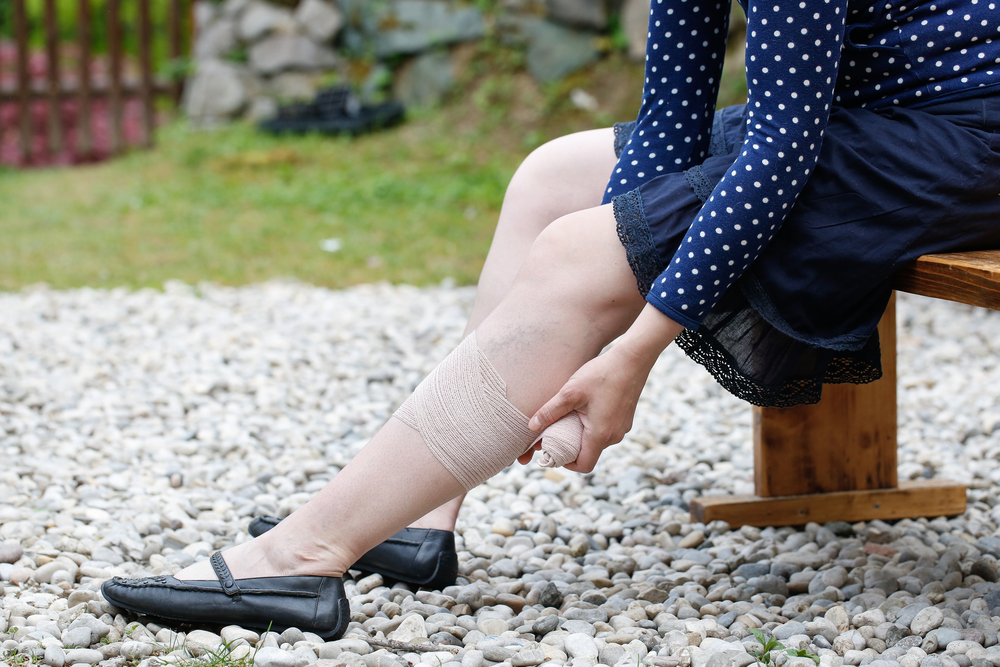All You Need to Know about Varicose Veins
Venous diseases are becoming increasingly common in the country in recent times, and one of these is varicose veins. About 3 million people are affected annually in the country by the condition of varicose veins. This disease is characterized by the appearance of bumpy, twisted, or swollen veins in the legs and feet of the patient, though in rare cases, it is seen in other parts of the body as well.
Arteries pump oxygen-rich blood from the heart to the organs, while the function of the veins is to pump oxygen-depleted blood from the tissues and organs back to the heart.

Since veins have only one-way valves, blood flows solely in the upward direction. The muscle contractions assist in pumping the blood through the valves of the veins, which are tiny openings in the veins. In case these valves become weak or damaged, blood starts flowing in the opposite direction, thereby pooling in the legs. This pooling of blood causes the veins to appear swollen or bumpy.
Causes of Varicose Veins
- Heredity
If any of your siblings, parents, or relatives have been diagnosed by the condition, chances are that you too may suffer from it.
The weight of the growing baby exerts more pressure on the uterus with time, thus stressing the veins in the lower body.
Lack of exercise, incorrect sleeping positions, wearing tight clothing, sitting or standing for long periods, lack of proper nutrition, etc. contribute to varicose veins.
Obesity increases the risk of varicose veins as the weight on the veins disrupts their normal functioning.
Smoking multiplies the risk of varicose veins.
With age, the veins start becoming weak and lose their elasticity. As the veins cannot effectively pump blood back to the heart, older people are highly susceptible to varicose veins.
Women are at a higher risk than males to develop the condition. Hormonal changes during menstruation and menopause tend to affect the functioning of the veins. In addition to this, taking oral contraceptives and going for hormone replacement therapy are also linked to varicose veins.
Symptoms of Varicose Veins
Symptoms such as swollen ankles and legs are very common. The patient may also observe heavy and tired legs. The constant and irresistible urge to move the legs, especially at night, is observed. This condition is referred to as the restless legs syndrome.
Bleeding in minor wounds or bruises is also observed. You may also experience leg cramps when sitting or standing for long hours. A change in the color of the veins is observed. Veins may turn either blue or purple in appearance. Dermatitis (inflammation of the skin) is another symptom of varicose veins.
Treatment for Varicose Veins
Using compression therapy for varicose veins is one of the most common treatment methods available. The compression stockings squeeze the leg muscles, thereby improving blood flow in veins and preventing its pooling in the legs.
Exercising regularly is a good way to keep varicose veins at bay. Walking, cycling, running, and swimming help improve the vein elasticity and keep the muscles in good condition. Apart from this, laser surgeries are used to dissolve the varicose veins. In case the situation develops into venous ulcers or other complications like deep vein thrombosis, advanced surgeries like endoscopic vein surgery are suggested.

